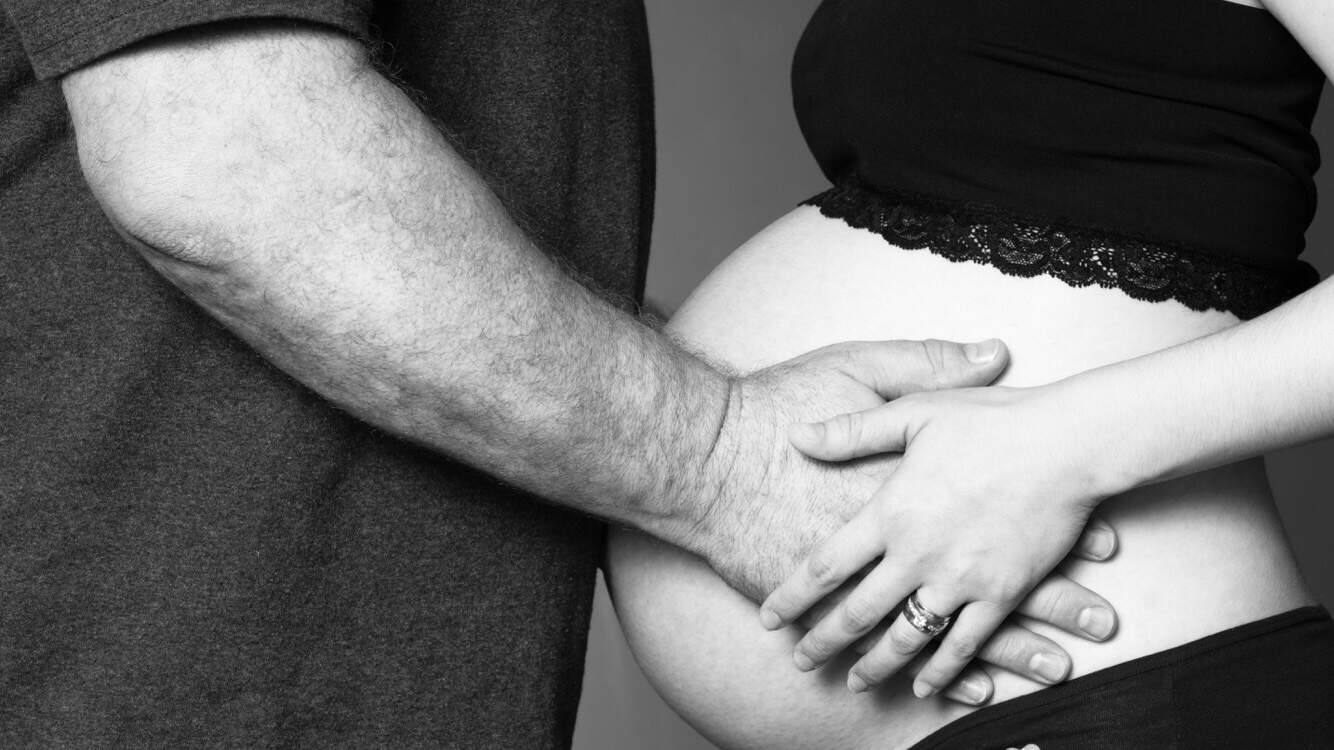Ask most parents, and they’ll say that having a baby is one of the most thrilling, joyous, and loving things a person can experience. It’s also incredibly hard work. In this article, we’ll discuss 7 ways that having a baby may change the relationship dynamic with your partner. (We’d love to read your comments, Moms and Dads!)…Let’s go!
Here’s how having a baby with your partner changes your relationship:
1. There’s a ton of additional responsibility
Meeting the demands of a newborn can be overwhelming. All of a sudden, you realize that you’re entirely responsible for another human being. No easy task! While new parents may have an idea of what lies ahead, once the little bundle of joy shows up, Moms and Dads often are often taken aback by just how much responsibility comes with being a parent.
Experts say that when both parents partake in baby care, intimacy strengthens. The challenge, they say, is getting new momma bears to loosen their grip long enough for daddy to share some of this workload. But this experience is vital: “It helps (the father) understand the challenges of meeting the needs of an infant,” says Gary Direnfeld, a social worker and marriage expert.
2. You’ll probably hate one another at times
Taking care of a baby is often an exhausting endeavor. When you’ve got two incredibly fatigued parents, that’s a recipe for some conflict.
It’s important to understand that bickering and criticizing between new parents is entirely rational. However, conflict can frequently be averted by (a) coming to an agreement about shared responsibilities, and (b) having some basic knowledge of baby care.
Perhaps the essential piece of regulating conflict with your partner is to understand that mistakes are inevitable, particularly if this is your first child. Once again, both parents would do well to learn about the basics of child care before the due date (knowing how a baby sleeps is a good starting point!)
3. Your “alone time” is pretty much gone
Ask a new parent how he or she “fits in some alone time,” and they’ll probably clench their stomach in uninhibited laughter. “Alone time? Are you kidding me?” They’ll probably go on to explain that what now counts as “alone time” is often spent catching up on precious sleep. Because, you know, sleep deprivation.
Throughout the first few months of a child’s life, they will constantly wake up, go to sleep, wake up, and go back to sleep. Oh, and most of their time sleeping is during the day. This cycle takes a heck of a toll on the ole’ circadian rhythm.
4. Date nights are both more expensive and rare
While you do love spending time with your little one, you’ve gotta get out of the house at some point! The stark realization soon hits that you can’t just throw on some clothes and drive away. Enter, the “new parent dating dilemma.”
First, you’ve got to be comfortable with the idea of someone watching your child (not easy). Second, you’ve got to find someone (a bit easier). Third, you’ve got to pay ‘em (okay, that sucks.) Oh, and since the babysitter is likely to be some school kid, they’ll need to be home in a few hours.
“On second thought, how ‘bout a pizza and some Netflix?”
5. Sex takes a backseat
There are a number of reasons as to why sex takes a backseat. First, you’re utterly exhausted. Maybe your body doesn’t feel like it, or the baby starts crying when the time comes to spend together
Dr. Shannon Hardy, a sex educator and midwife, says “Your partner suddenly becomes sort of secondary.” She goes on to suggest alternate ways of being intimate – caressing, hugging, and kissing – that does not necessarily always lead to sex.
For men, understanding that it takes their partner a few months to get back “in the mood” can help. Eventually, a biological equilibrium will be reached, and you’ll “carry on” per usual.
6. Money tightens up
Babies are expensive. Per a study conducted by the United States Department of Agriculture (USDA), an average middle-income family spends roughly $12,000 on child-related expenses during the baby’s first year of life.
The advice is somewhat common sense: plan for and stick with a “post-baby” budget. Consider saving a bit of money by cutting back on extras, like gifts and entertainment, and through purchasing expensive items (cribs, swing, etc.) secondhand. “The baby doesn’t know the difference!” one mother adds.
In addition to budgeting, thoughtful gifting can play a significant role in easing the transition into parenthood. Friends and family often want to support new parents, and practical gifts can be a game changer. Items like baby products, diapers, and clothing can relieve some of the financial pressure while ensuring that parents have the essentials they need. Opting for high-quality, practical gifts is a great way to show support, and it can also prevent parents from accumulating items that may not be used.
Another great idea is to consider pregnancy gifts that can help the parents-to-be prepare for their new arrival. From maternity clothes to prenatal massage vouchers, these thoughtful presents can make the pregnancy journey a little more enjoyable. Giving gifts that prioritize comfort and well-being for the expectant mother not only shows your thoughtfulness but also helps them feel appreciated during this transformative time. The right gifts can make a lasting impact, ensuring that new parents feel supported as they embark on their parenting journey.
7. An unparalleled sense of joy
If caring for a child is so hard, why do people keep having kids? For the same reasons that anyone does anything worthwhile: the benefits far outweigh the costs.
Ask any good parent, and they’ll tell you that having a baby is the best thing to ever happen to them. Newborns bring about a sense of love, pride, and compassion that is almost inexplicable.
Out of these shared feelings – and despite the challenges of raising a child – couples often experience a new, profound sense of intimacy. They may just have to wait awhile, is all!
https://youtu.be/k99uas87S-M
















